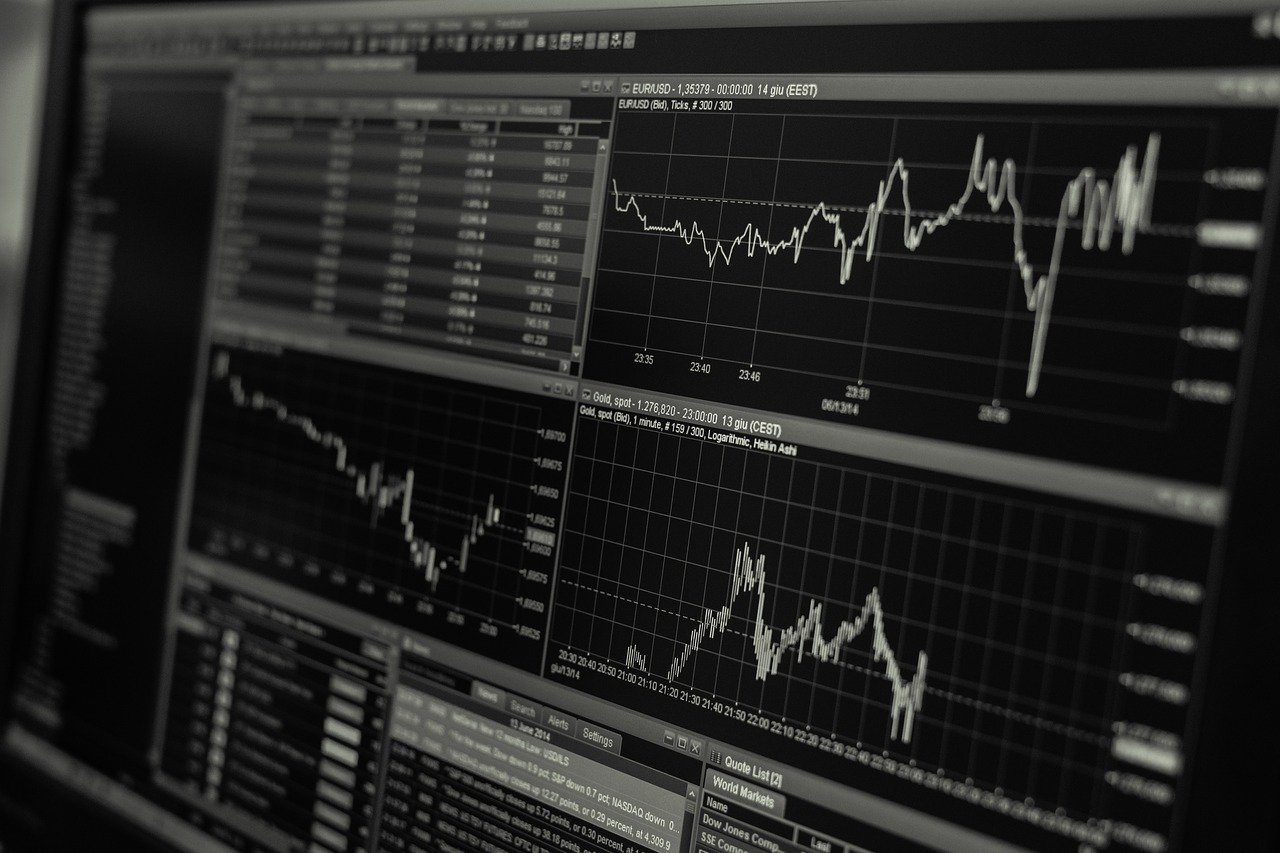While trading with stocks on the stock market offers investors a great opportunity to profit from a variety of investments, there are also several risks to consider. It requires the use of a broker and involves both fundamental and technical analysis of a stock. As with all investments, losing investments can be offset against other income taxes. Here are some tips on how to make the most of trading with stocks. Before making any moves, consult your broker to understand the rules and regulations regarding investing.
Trading with stocks on the stock market involves a fair share of risk
While trading with stocks on the stock market offers tremendous opportunities and immediate rewards, it also involves a significant amount of risk. Stock prices fluctuate constantly, and you may lose more money than you initially invested. Oftentimes, stocks fail to recover from a downswing within the time you want. Additionally, frequent trading can be costly, as you may be required to pay a broker’s fee. Furthermore, profits from stocks held for less than a year are taxed at their regular income rates, not at capital gains rates.
It requires a broker
A broker is a person or company that buys and sells investments on your behalf. The brokerage charges a commission for their services. Most brokers are registered with the Securities and Exchange Commission (SEC), or they are part of a self-regulatory organization. However, some are exempt from regulation. Most states have license requirements for brokerage firms. While you can purchase stocks directly from the company, you will often have to work through a broker.
Many brokers are online and do not require a minimum account balance, but be sure to research the minimum investment amounts before deciding on one. Many stock brokerage accounts offer full-featured online stock trading platforms, managed portfolio services from robo-advisors, and top-notch investing apps. The costs of using a broker are typically less than the commission of the individual brokerage firm. The fees vary greatly depending on the broker, but most offer commission-free stock purchases.
It involves fundamental and technical analysis of a stock
Fundamental and technical analysis of a stock on the share market are two different ways of looking at a stock’s value. Fundamental analysts look at past trends and price levels of a stock, rather than the value of the underlying business. In other words, they use a historical perspective to predict future prices. Ultimately, both methods are useful in making investment decisions, and both can help you make the best financial decisions.
Technical analysis is based on the idea that underlying forces repeat over time. Using historical data, it can project future prices as long as possible. Fundamental analysis is more accurate than technical analysis because it can project future performance for as long as a company has been in business. Although technical analysis is primarily used in the stock market, it can also be useful in making long-term decisions.
It allows investors to wager on the future of a company
The stock market is a marketplace where investors can exchange stocks for money. Buyers and sellers exchange stocks on the stock market in order to determine the value of a company. This is how the market values companies: the price at which they sell and buy stocks. Unlike gambling, the stock market creates a shared wealth of millions of investors, which is a huge benefit to many people.

